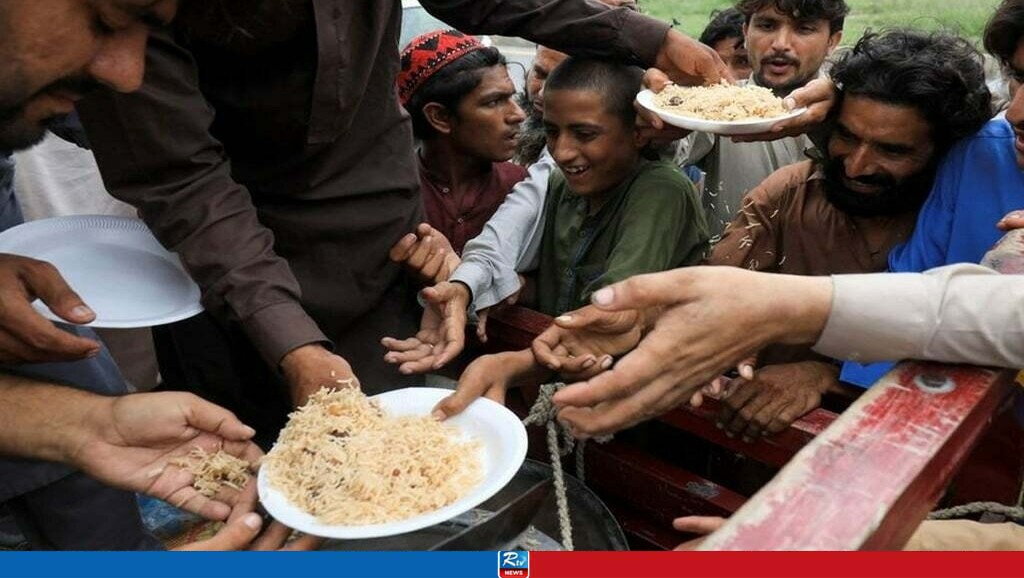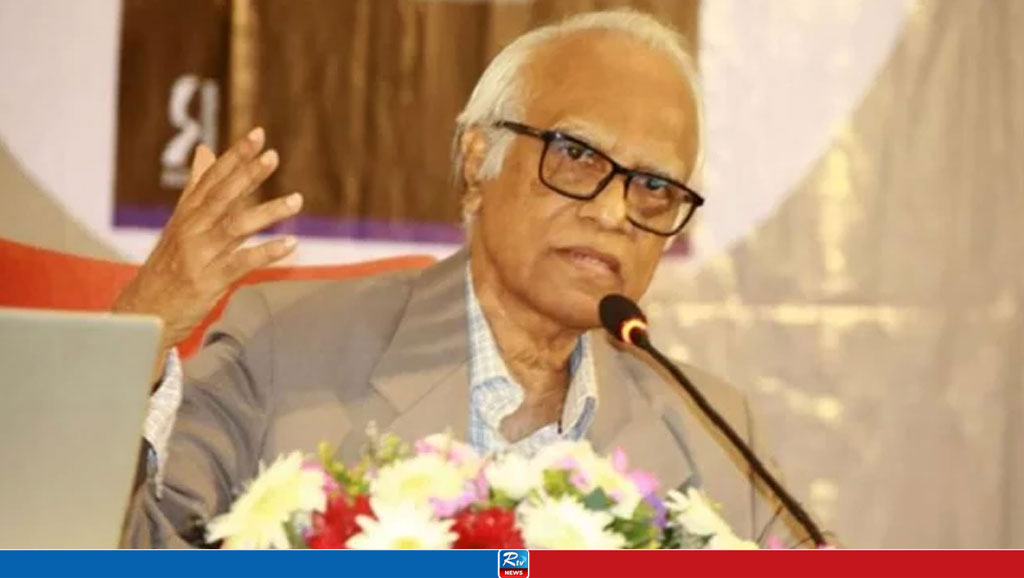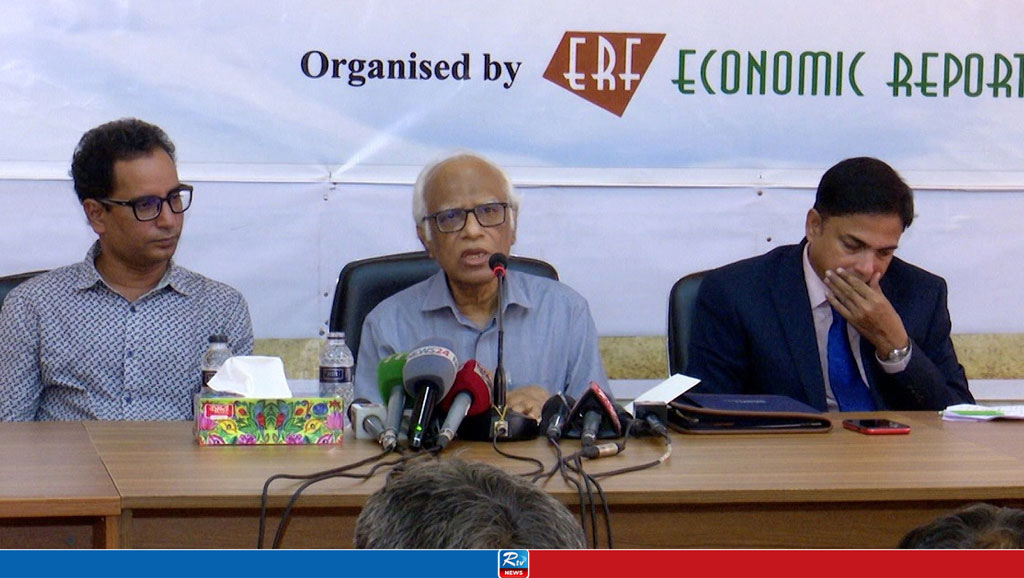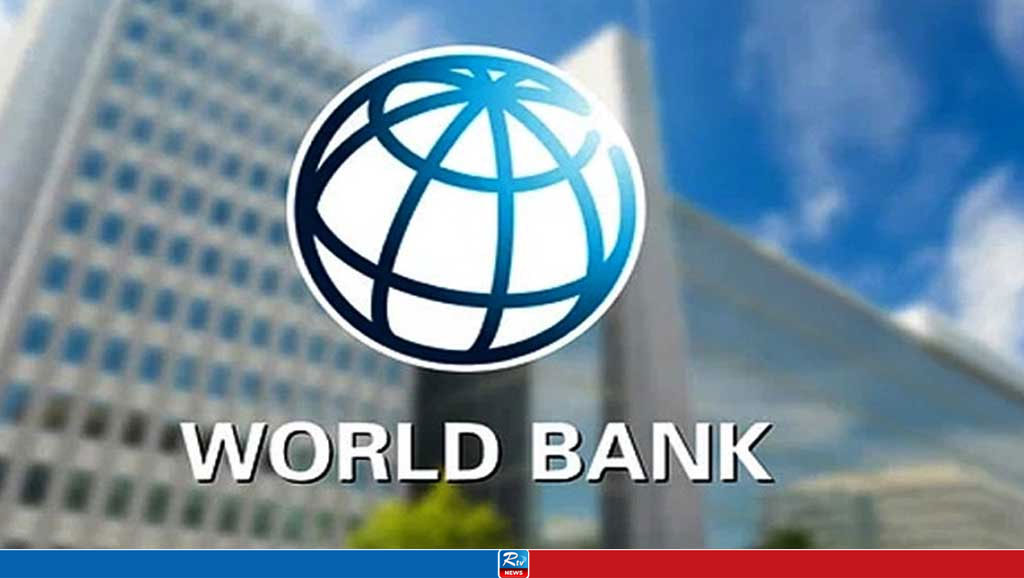BRICS Model: An Alternative to Western Hegemony
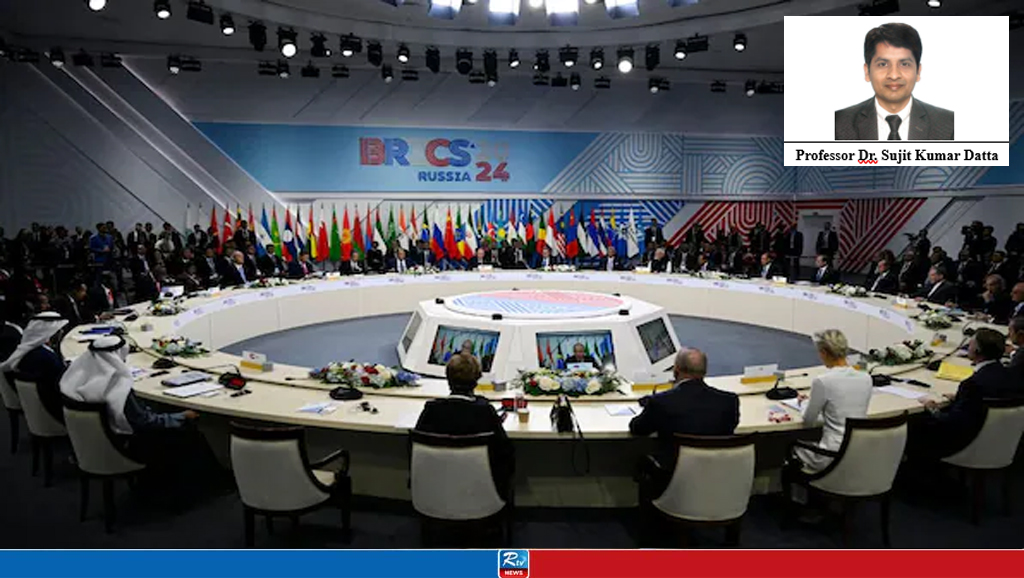
From October 22–24, 2024, the BRICS summit in Kazan, Russia, has launched a new chapter in world politics. Over time, additional nations have joined the BRICS alliance, giving it worldwide influence. Egypt, Ethiopia, Iran, and the UAE joined the alliance, pushing it to six from five: South Africa, Brazil, Russia, India, and China. BRICS has grown beyond an economic partnership, indicating political, economic, and geopolitical power.
The rise of BRICS has polarised world politics. The West has traditionally dominated the world's economy and politics. Western rules govern the World Bank, IMF, and WTO, which the US and Europe lead.
In contrast to this hegemonic framework, the BRICS and other Global South members want to strengthen and gain autonomy. The BRICS group wants a more varied global economy and less Western financial domination. Russia and China have vocally opposed the US-led system, while Brazil and India have taken a more moderate approach. Despite these conflicts, the alliance has developed a new development strategy that may challenge Western supremacy.
Many more individuals joined the BRICS due to its expansion. The BRICS Plus population is over 46% of the world total, more significant than the Group of 7. This worldwide alliance is growing economically and threatening the Group of Seven in politics and strategy. Despite challenges, progress has occurred. Member states' differing strategic and political viewpoints threaten the treaty's coherence. Russia and China have vocally opposed Western supremacy, while India and Brazil have maintained more moderate and diplomatic relations. Coalition disagreements and lack of consensus may ensue.
The BRICS development model threatens Western economic supremacy.
The Western model prioritizes profit and the market, whereas the BRICS model emphasizes cooperation, sustainability, and local capacity. BRICS countries are strengthening their social and economic systems as part of their development efforts. This strategy aims to become self-sufficient by utilizing local resources, creating a long-term economic basis via international partnerships, and helping poor countries.
Economic autonomy is becoming increasingly vital to BRICS countries. The ongoing attempt to establish SWIFT-competitive payment systems is one example. It would allow Moscow to trade with allies and avoid Western sanctions. BRICS members are also launching new measures to boost trade and economic integration. Russia and China have increased strategic cooperation despite Western sanctions. Significant development. Thus, economic and geopolitical divisions against Western unilateralism have emerged.
The Western alliance worries about the BRICS' expansion and Russia-China rapprochement. Western analysts worry about Xi Jinping's close relations with Vladimir Putin and the BRICS' growth under his leadership. Putin and Xi proclaimed a "borderless partnership" in 2022 before invading Ukraine to strengthen their strategic position against Western sanctions. Putin and Jinping's rapprochement at the summit showed they're ready to challenge American supremacy. Political, military, and economic cooperation is essential. Russia and China seek to use the BRICS alliance to take over Global South states and enhance their collaboration against Western powers.
BRICS development arose in resistance to Western domination. However, all member states will need hard work, thoughtful planning, and cooperation to fulfill their aims. After decades of Western dominance in global politics and economics, BRICS and other alternative models may usher in a new age. Once subject to Western political control, BRICS may protect the advancement of the Global South. However, this partnership has challenges. Divergent perspectives, tactics, and internal issues will make BRICS unity difficult. Time will tell how the bloc's competitive rivalry and partnership with the West develops.
To counter Western domination, the BRICS development model was created. It allows southern countries strategic and economic sovereignty. The alliance's internal issues and global political context need member governments to cooperate and demonstrate political will to succeed. The BRICS alliance might move global power away from the West towards a more cooperative, multilateral, and sustainable global economy, allowing South countries more excellent voices over their future.
The writer is the former Chairman, Department of International Relations, University of Chittagong, Bangladesh and Non-resident Fellow, Hong Kong Research Center for Asian Studies (RCAS)
Comments
India's Ruling Party Have Potential to Tarnish Country's Reputation on Global Stage

Shock as China Vice-principal’s Affair with Ex-pupil Exposed amid US$96,000 Loan Row

Bangladesh’s Fragile Progress Toward Freedom of Expression


 Live Tv
Live Tv

